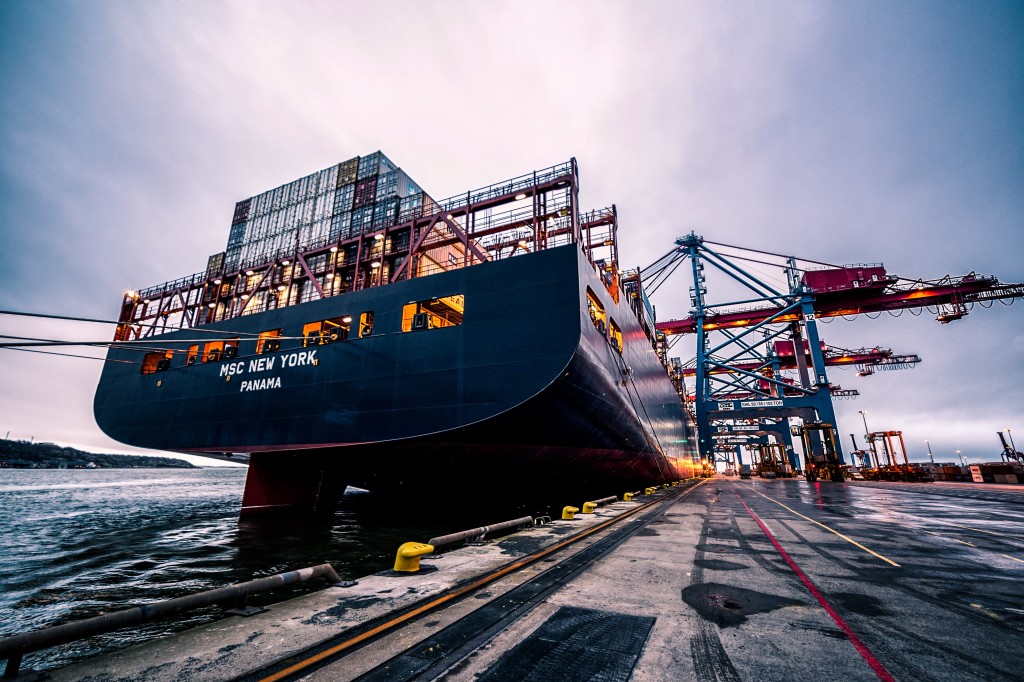* Before we begin, a quick note that all tariffs and/or duty rates are constantly revised. They are subject to change without notice. For further info on this topic, visit the Canada Border Services Agency (CBSA) website to stay updated. *
Canada’s classification for imported goods comes from the Harmonised Commodity Description and Coding System. People doing imports into Canada have to ensure that they have a complete description of their goods upon arrival so that they can be classified with ease. If the worst happens and you feel that the tariff was incorrectly charged, tariff classifications can be appealed if you feel there was a mistake (go here for more information).
The good news is that many tariffs have been eliminated on imports of industrial or agriculture nature from the U.S. as per NAFTA. However, it is ideal that you verify that your commercial goods are included in this list before you move forward.
What are the types of import/export businesses you can have?
Export Trading Company (ETC)
An export trading company is typically responsible for identifying a need with foreign buyers and then working with domestic companies to export those goods out.
Export Management Company (EMC)
An export management company will handle all administrative work needed by companies wanting to ship to other countries.
Import and/or Export Merchant
Import/export merchants are the ones responsible for buying merchandise from a manufacturer and selling that merchandise in other countries.
What licences or permits do I need?
On the exports side, you’ll need an official business number along with an import/export account — this is required for anyone doing any kind of goods exportation from Canada.
After this, you’ll need to determine the correct tariffs for your goods. This will be found through the Harmonized System and/or the Canadian Tariff Classification number. With these numbers, you need to report all exports to Canada Border Services Agency (CBSA).
For importing, you will also need an official business number with an import/export account.
On the topic of the goods themselves, proceed with caution. There are many types of commercial goods that are subject to the requirements and regulations by government departments. This is the stage in which a customs broker can come in and help you determine what kind of documentation you’ll need.
—
So, after you’ve chosen the kind of business you’d like to be, selected the kinds of goods you’d want to move, sorted your documentation out, now’s the time to get the ball rolling!
Well, not so fast actually. Before you move forward, we wanted to give you a fair warning of some of the issues you may run into.
Here are a few things to be cautious about:
Roadblocks at the border (pun intended)
Surprise, surprise: customs regulations are vastly different around the world. To make sure you have a steady handle on what is required by each country for commercial goods, you can and should partner with a customs broker that’s familiar with the market.
Check out our blog: 5 Tips For Choosing The Right Customs Broker.
Logistics hangups
The entire essence of import/export work relies on whether your commercial goods can be shipped properly. On the export side, you’re on the hook for the goods leaving the port and arriving at the correct place at the correct time.
Many things can go wrong here, including things like damage to cargo. Here’s where a partnership with a freight forwarder with a good reputation is key to your success.
Unpredictable markets
It probably almost goes without saying that you need to have some solid research behind the market you’re entering into. Even then, demand can be pretty unpredictable.
There are experts that can help you discover the nuances of different cultures and markets you’re looking at.
—
The import/exports industry is quite an exciting ride! If you’re someone that wants to learn about business dealings in other countries, build your understanding of regulatory frameworks, and stay organized to roll with the punches in logistics, you’ll be a great fit.
The good news is that you do not have to go it alone. We’re here to help guide you through the process. Drop us a line for a no-commitment conversation to get the ball rolling!

 Payment
Payment  My Account
My Account
